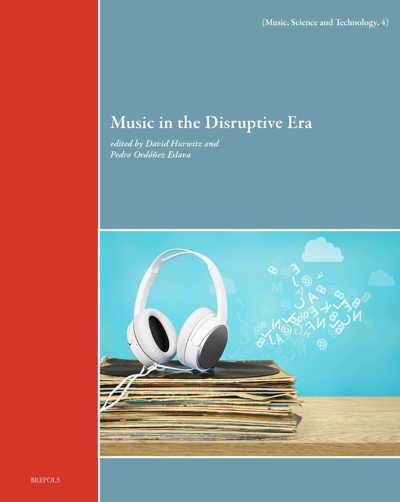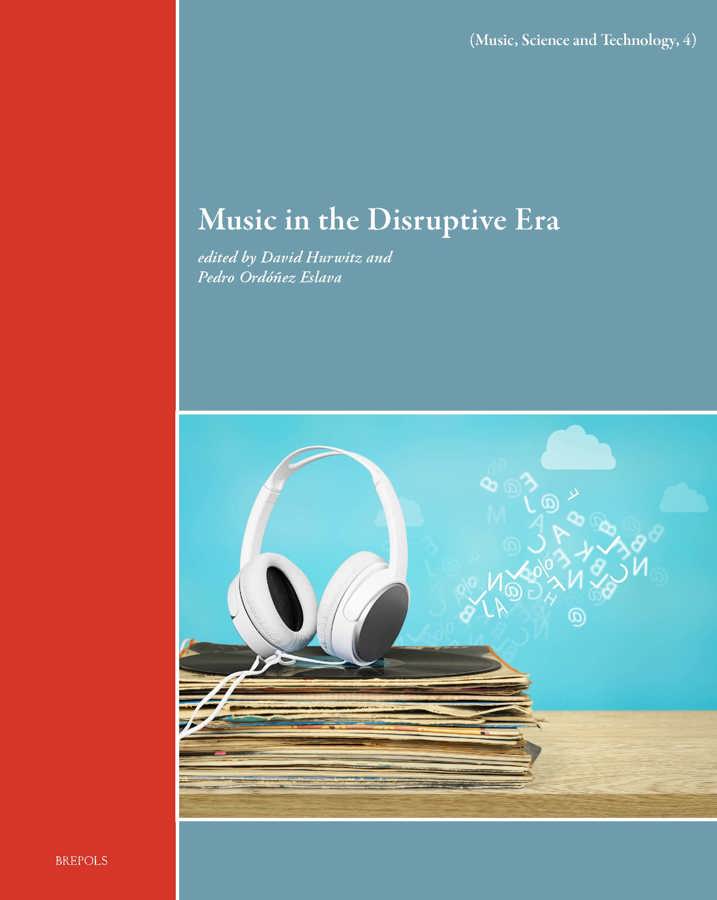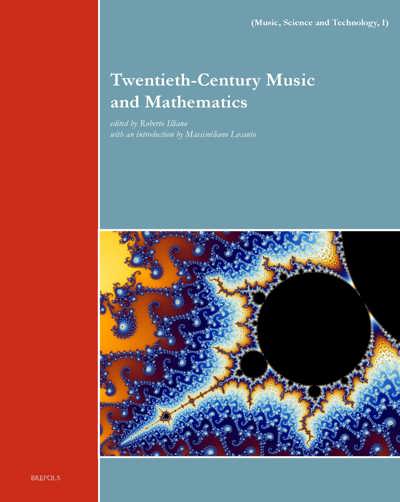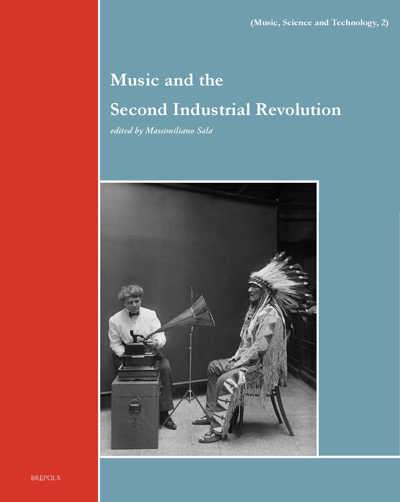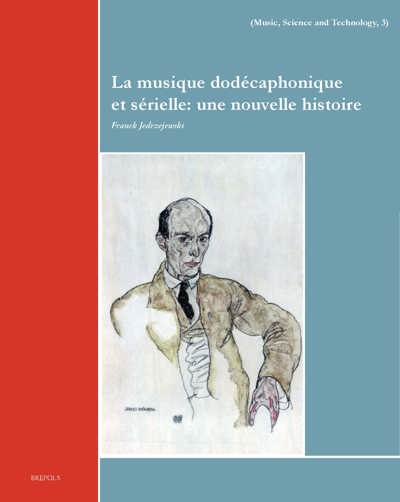
Music in the Disruptive Era
David Hurwitz, Pedro Ordoñez Eslava (eds)
- Pages: xii + 272 p.
- Size:210 x 270 mm
- Illustrations:34 b/w
- Language(s):English
- Publication Year:2022
- € 110,00 EXCL. VAT RETAIL PRICE
- ISBN: 978-2-503-60079-6
- Hardback
- Available
The volume assesses the impact of today’s revolutionary digital technologies on music
Music critic, percussionist, independent scholar, YouTube Influencer, and author DAVID HURWITZ is the founder and Executive Editor of Classicstoday.com, the Internet’s first classical music review magazine. Holding MA degrees from Johns Hopkins and Stanford Universities, Hurwitz is the author of more than fifteen books on classical music and various composers. His musicological articles have been published in noted journals such as Music & Letters, Nineteenth-Century Music Review, Ad Parnassum and Early Music America.
PEDRO ORDÓÑEZ ESLAVA obtained his BA in both History of Art and Music Sciences as well as a PhD in Musicology from the University of Granada. His research is focused on the bond between music, arts, and poetry in 21st-century creations. Among his interests are new music and arts education, contemporary Flamenco, and sound art. He currently works in the Department of Musicology at the University of Granada.
«Music in the Disruptive Era» contains fifteen essays assessing the impact of today’s revolutionary digital technologies on the ways audiences and industry professionals perceive, compose, consume, research, and communicate about music. After an initial assessment of “the Disruptive Era” in a series of six snapshots offering a summary and review of some of the technological challenges (and opportunities) confronting both music producers and consumers, a group of international scholars considers the impact of the digital era in three major areas. First, there is the revolution in data storage and retrieval, with online archives and other digital resources making an unprecedented volume and diversity of information available to scholars and researchers for the first time — all from the convenience of a home desktop. Second, three essays assess some of the myriad ways in which composers and music industry professionals have been influenced by the potentialities and discontinuities of the current age to find creative inspiration, attract new audiences, and reimagine traditional musical idioms. Finally, on the cutting edge of the digital divide, scholarly contributors examine two of the countless new genres birthed by the advent of the latest technological innovations: specifically, the “meme” and the “video loop.”
The Disruptive Era
Cande Sánchez Olmos & Eduardo Viñuela — The End of the Amateur Music Video Dream (as We Expected It): From YouTube to TikTok
Christine Hine — Audiences and Self-Calibration in a Digital Society
Corinnna Herr — Classical Musicians on YouTube: Online Performance Practice and the Digital Divide
Pedro Buil Tercero — Disruptive Technology in the Music Industry: Format Crisis and Consumption Habits in Spain in the Digital Age
Simon Nugent — The Inception of ‘Time’: Film Music and Participatory Culture in the Digital Age
Sources and the Digital
Nico Schüler — Online Research Methods for Rediscovering Forgotten Composers: Using Online Databases and Archives
Michael Klaper & Thomas Radecke — The Weimar Playbill Database, 1754-1990: Scientifically Disseminating Historical Sources of Music- and Theatre-Ephemera Material Online
Andreas Helles Pedersen — On Digital Music History: A Contemplation on Digital Archives and Musical Experience
Creation and Musical Performance
Joseph Jackson — Adapting Music Business to the Digital Age: Grime Music, YouTube Algorithms and New Network Cultures
Violetta Kostka — Paweł Szymański and His Transformation of Musical Conventions
Pedro Ordóñez Eslava — Disrupting the duende, from the cuarto to the Web 4.0
New Genres
Joana Freitas — ‘Meme Is a New Music Genre’: On the Role of Production, Transformation and Circulation of Music in the Digital Culture of Internet Memes
Marjolein Wellink — The Immaterial Record Sleeve? Engaging the Listener with Spotify’s ‘Canvas’ Video Loop
Jonas Wolf — ‘Meme Music’? Forms and Formats of Hypermemetics Re-Composition
Index of Names
